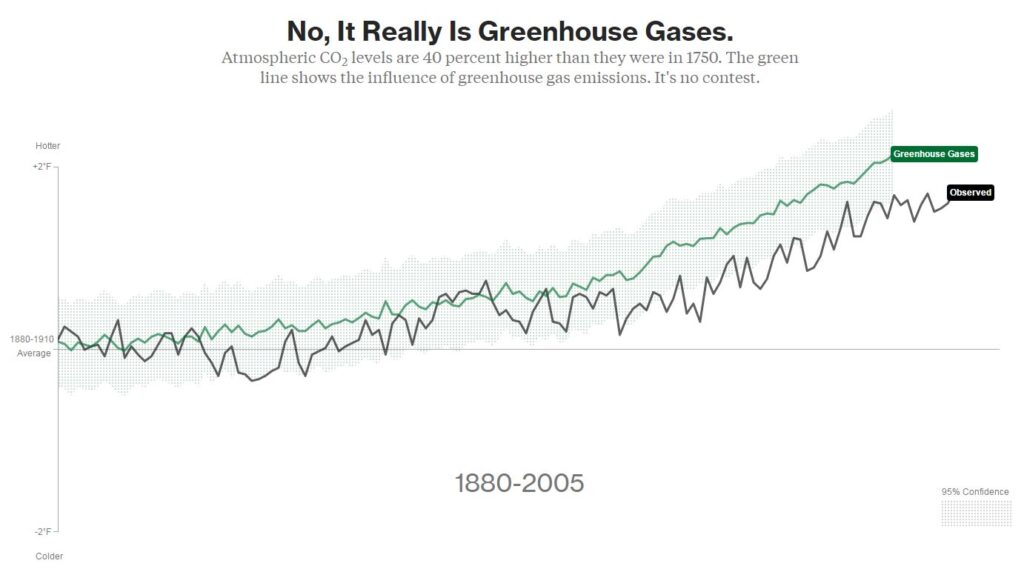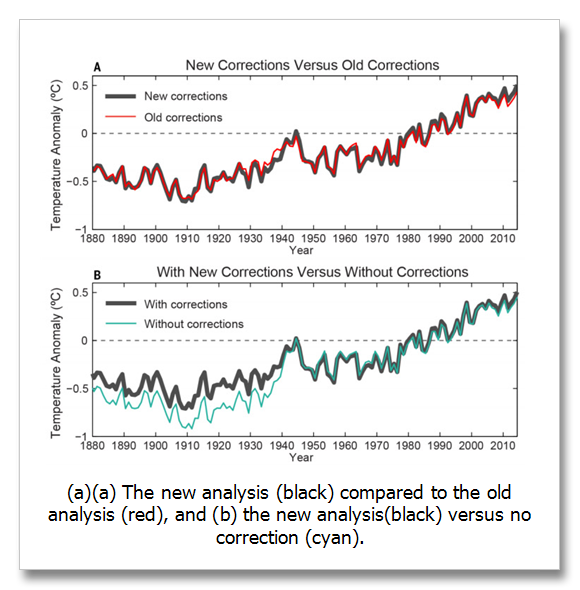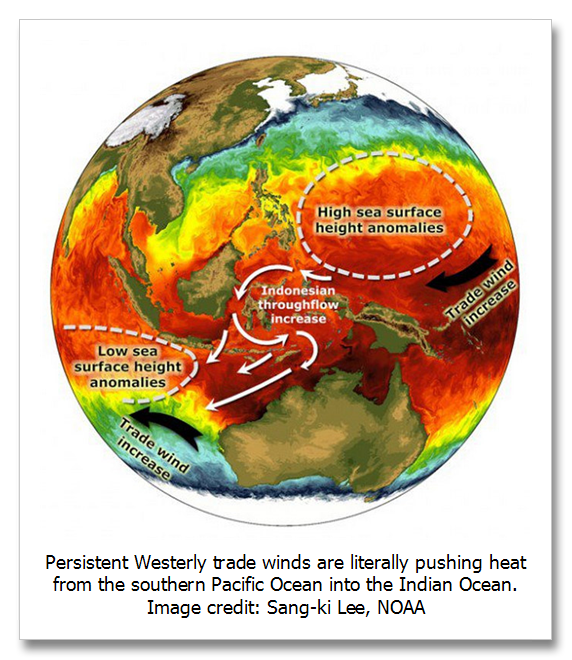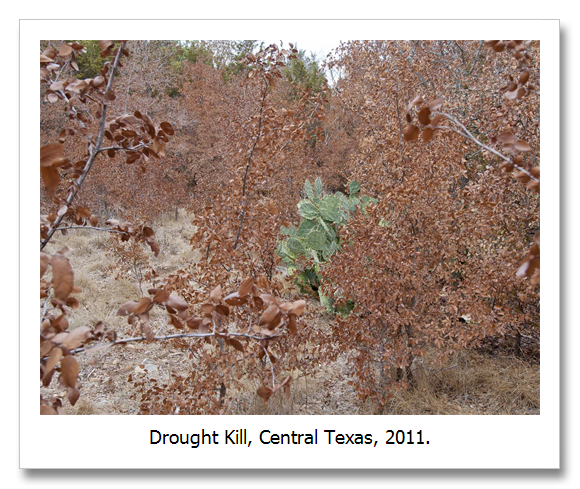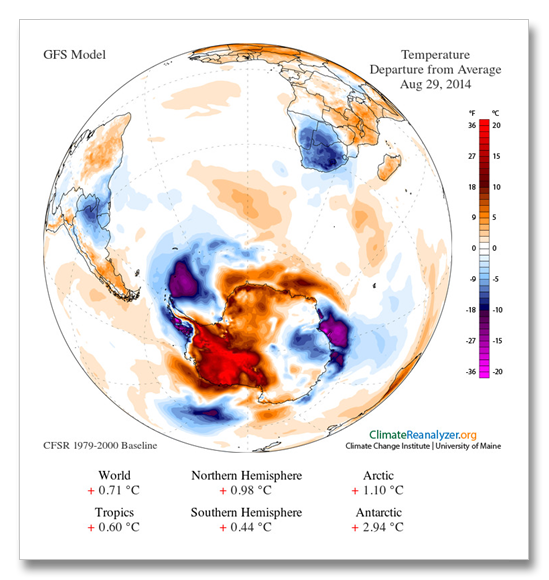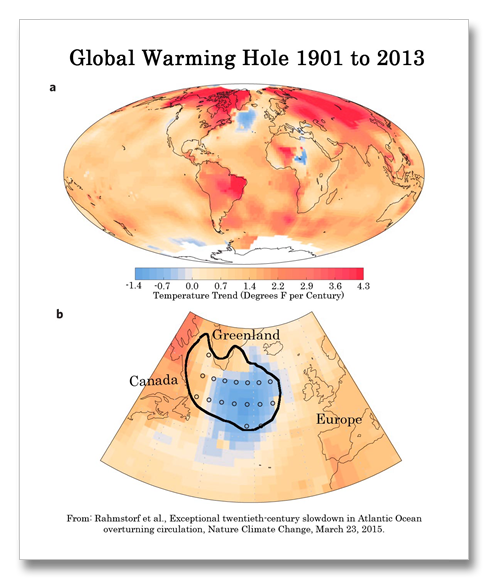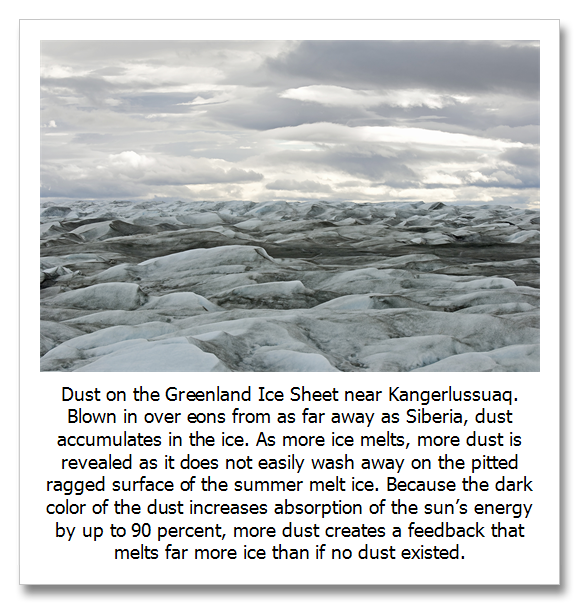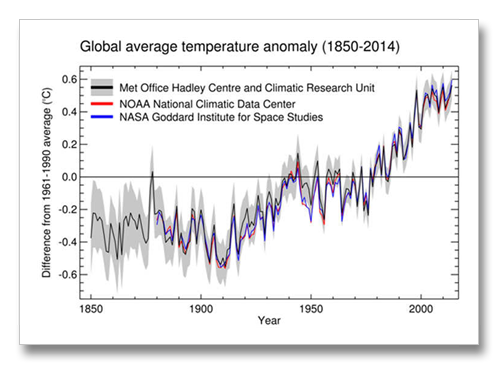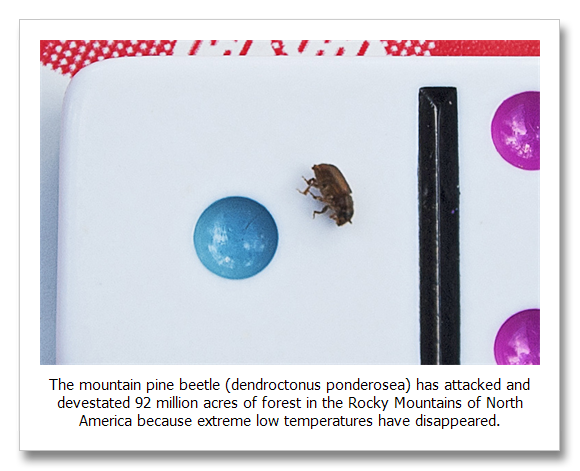
In 1834 and 1850, two European scientists (Clausius and Clapeyron) developed scientific principles that told us that warmer air holds more water. In the 1960s and 70s the computer models that first simulated our climate showed that more atmospheric CO2 would increase Earth’s temperature, relative humidity, and total precipitation because of the Clausius–Clapeyron principles. In the…




